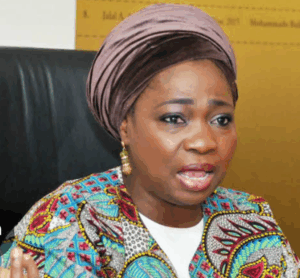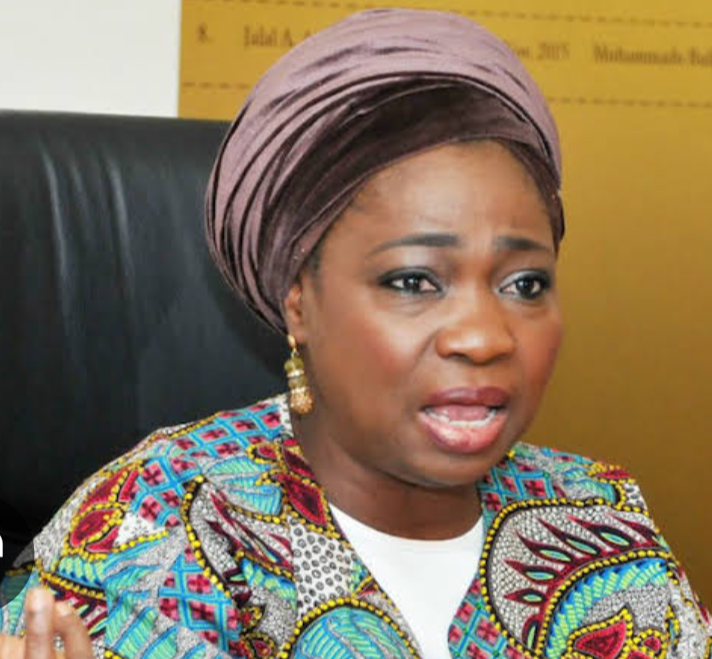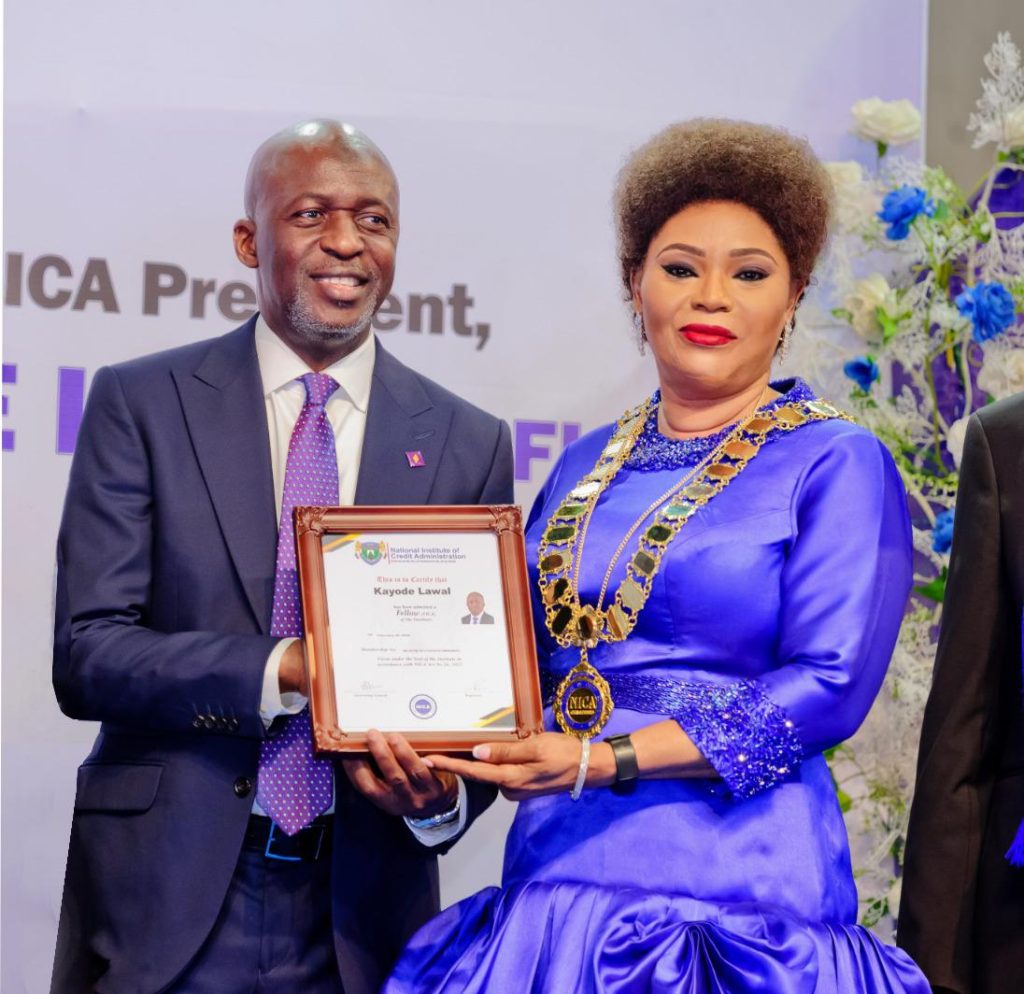
The Nigerians in Diaspora Commission (NiDCOM) has disclosed that no fewer than 7,000 Nigerians are currently stranded in Libya.
Chairman of the Commission, Abike Dabiri-Erewa, made the revelation on Tuesday night at the official launch of the International Organisation for Migration (IOM) Strategic Plan for Nigeria (2025–2027) in Abuja.
“As we speak, 7,000 Nigerians are stranded in Libya. In 2025, people still travel through the desert to die,” Dabiri-Erewa lamented.
Meanwhile, the International Organisation for Migration (IOM) has ranked Nigeria among countries with the highest rate of irregular migration, noting that about 70,000 migrants have been returned to the country since it began operations in Nigeria in 2001.
Deputy Director-General, Operations at IOM, Ugochi Florence Daniels, disclosed this during a courtesy visit to the Minister of State for Foreign Affairs, Bianca Odumegwu-Ojukwu, in Abuja.
A statement signed by the minister’s aide, Magnus Eze, quoted Daniels as saying that 27,000 returnees had been reintegrated into society through IOM’s Assisted Voluntary Return and Reintegration Programme (AVRR).
She assured that the organisation would continue to promote humane and orderly migration, while supporting Nigeria in achieving the UN Sustainable Development Goals (SDGs) and the African Union’s Agenda 2063.
In her remarks, Odumegwu-Ojukwu restated the Federal Government’s commitment to deepening collaboration with IOM in addressing migration challenges. She attributed the rising trend of irregular migration among Nigerian youths to the persistent “greener pastures” myth and said government campaigns were ongoing to discourage it.
The minister praised IOM’s long-standing partnership with Nigeria in handling issues relating to vulnerable migrants and Internally Displaced Persons (IDPs). She, however, stressed the need for the organisation to align its programmes with Nigeria’s national priorities and to seek new financial partnerships from non-traditional donors to address pressing humanitarian needs.





